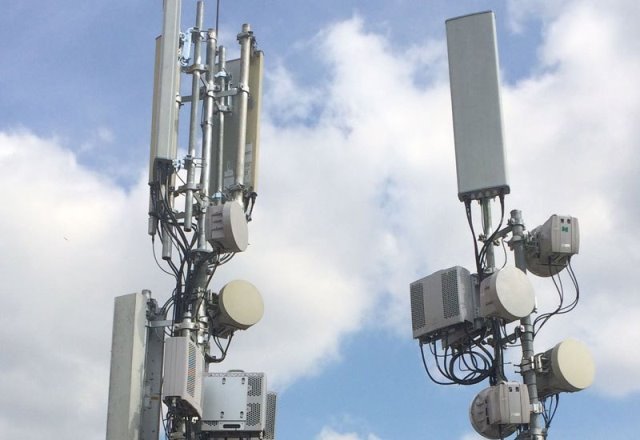Today’s telecom news includes announcements on Deutsche Telekom, TRAI, VodafoneThree, Huawei, among others.

Deutsche Telekom Becomes First Telco Powering Web3 with Theta Network
Deutsche Telekom has joined the Theta Network as a strategic enterprise validator, becoming the first major telecom operator to do so alongside Google, Samsung and Sony. By staking THETA to secure and validate the blockchain, the company earns TFUEL rewards while supporting reliable, scalable performance for decentralized media, AI and edge-computing workloads.
TRAI Grants Extra Time for Industry to Respond to New Tariff and Accounting Rules
TRAI has extended the deadline for stakeholders to submit comments on the draft “Telecommunication Tariff (Seventy-Second Amendment) Order, 2025” and the “Reporting System on Accounting Separation (Amendment) Regulations, 2025.” The new cut-off date is 7 November 2025, following requests from telecom operators and industry associations seeking more time to review the proposed tariff and accounting reforms.
UK Jobs Go Offshore as VodafoneThree Bets £2 bn on Faster 5G Future
VodafoneThree is shifting dozens of UK Network Development jobs to India as part of its £2 billion infrastructure deal with Ericsson and Nokia, aimed at accelerating a standalone 5G rollout. The merged operator says off-shoring will bring “best practice and innovation”, improving planning and optimisation while reducing costs. Around 55 staff were reportedly briefed in one meeting, and because the work moves outside the UK, TUPE employment protections do not apply.
Finland Tightens Huawei Ban to Secure 5G Future
Finland is set to tighten restrictions on Huawei’s role in its 5G networks, driven by national-security concerns and the need to protect critical infrastructure. The government aims to reduce reliance on high-risk vendors and increase investment in trusted European and allied suppliers to build a more secure and transparent telecom ecosystem. By diversifying vendors and strengthening oversight, Finland seeks to safeguard sensitive data and ensure resilience in future communications systems, Bloomberg reports.
Shafana Fazal
